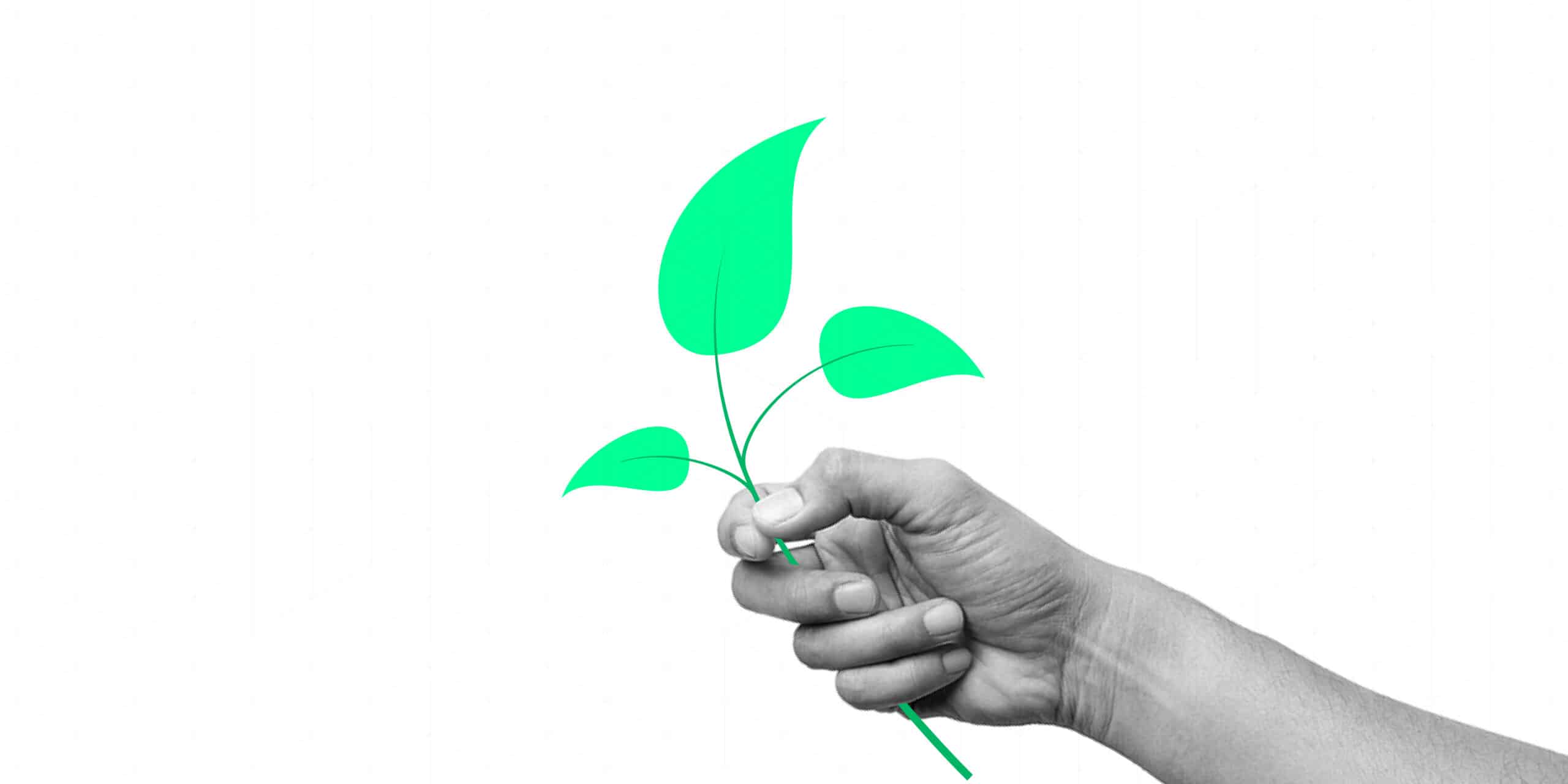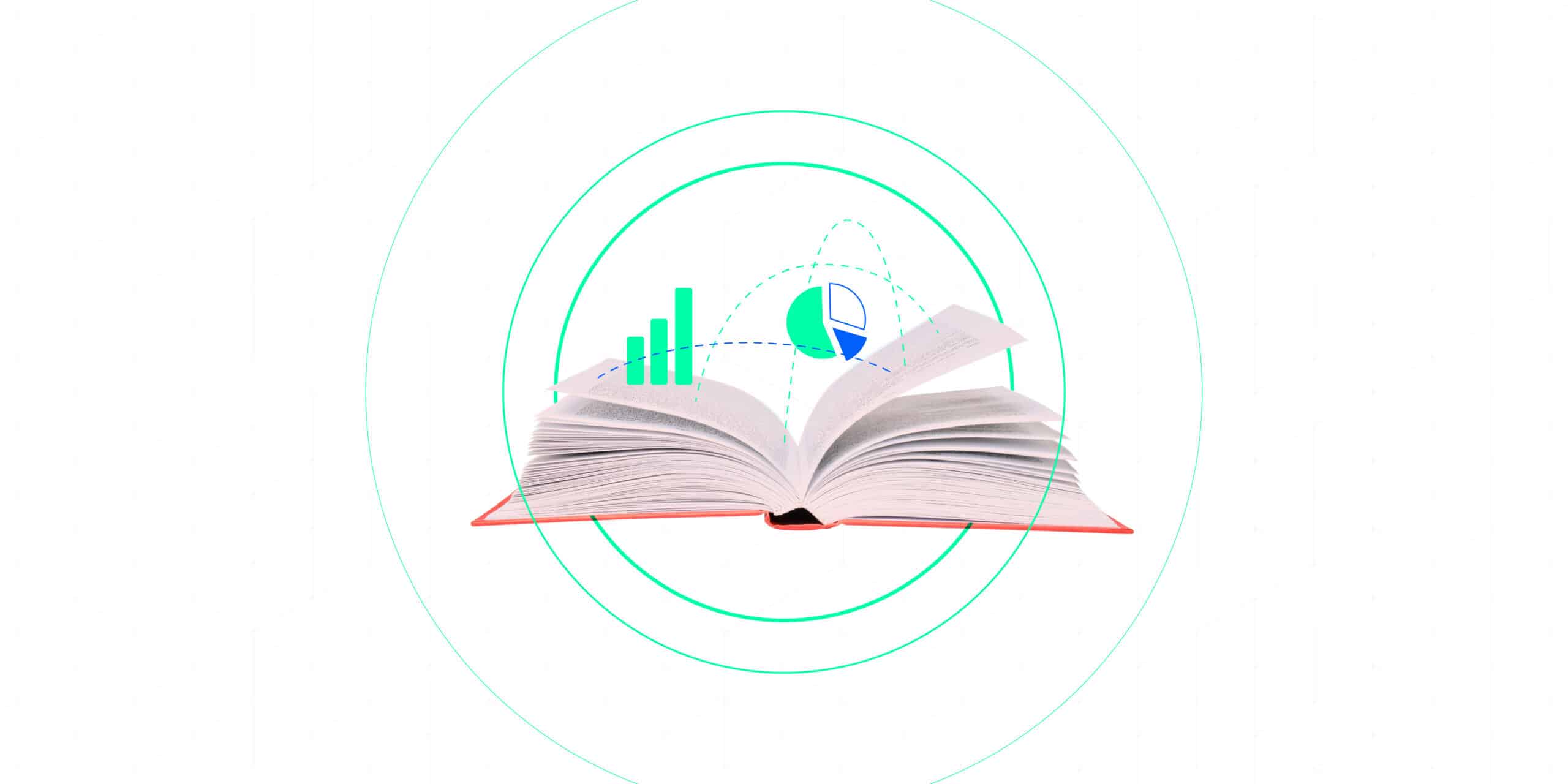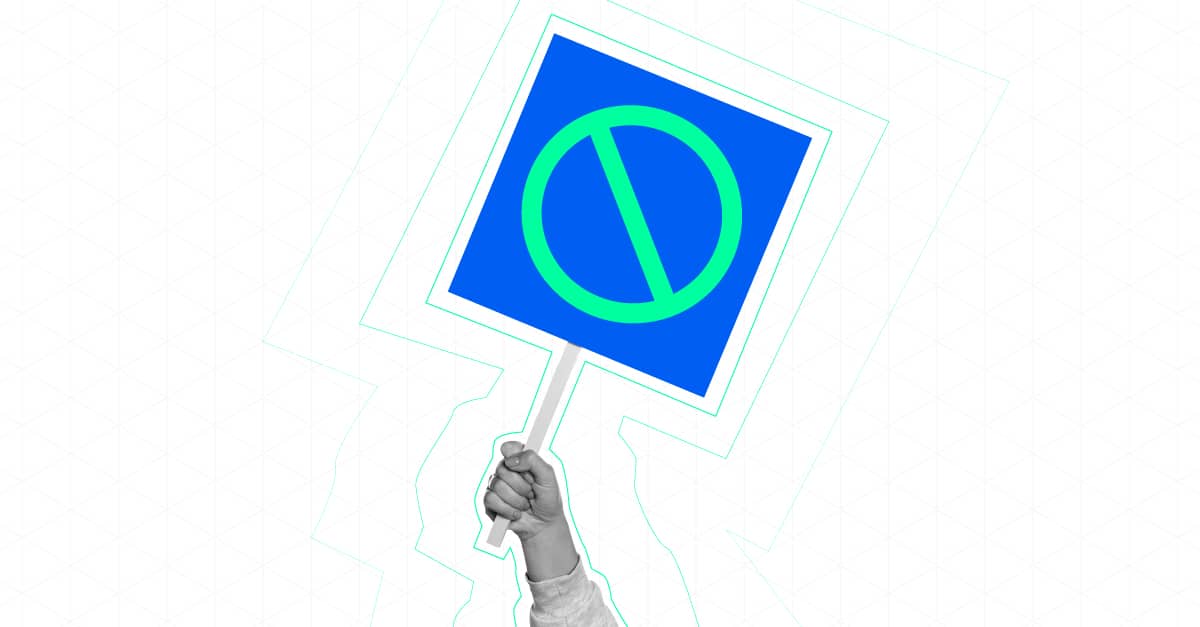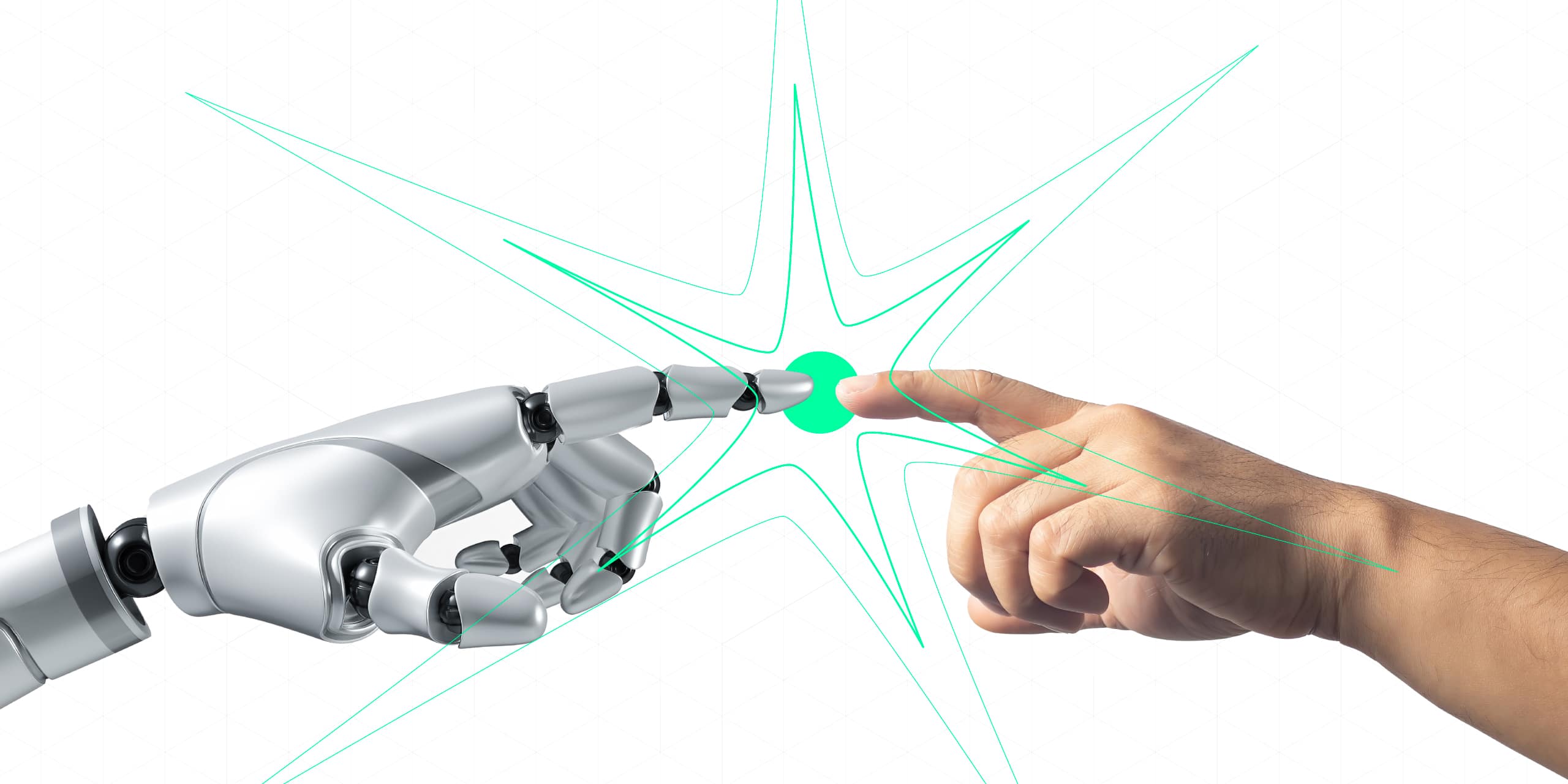The last few days of December are usually the time of year when media agencies around the globe reach into the vault to extract news highlights: major events and affairs, bold inventions and breakthroughs, leaky scandals, and horrible tragedies. The most recognizable images of each event are then produced into a supercut and hurled at us all: here’s the year 2020 in a nutshell. This may be a good product for a quick glimpse of what happened, but it’s otherwise of no use to anyone reasonably inclined to inquire into how we all got here.
Highlights of the year 2020 will without doubt bear images that are already too familiar: masks, sanitizers, Zoom calls, protective suits, lab hardware, TikTok videos, parked airplanes, empty streets, empty concert halls, and desolate fairgrounds. To look at these images, and to take the highlights at face value, is to miss a sizeable chunk of the year 2020, and that is the learning curve.
Looking back at the year 2020 right from the start to study the learning curve will reveal a striking detail we all lost in the process: we really were moving in the dark. Of course, there is no playbook for this kind of situation; it was an uncharted territory. Still, however, it did expose fundamental flaws in the way decisions are made.
We learned what’s going on slowly and gradually. The early days of the pandemic were understandably characterized by what now seems comically naïve: events scheduled for March were merely postponed to early April, and that is that. E-mails notifications were sent, apologies were made, and itineraries updated. Some inconveniences arose, but it wasn’t a big deal.
But the news kept coming. California registers the first community infection case. Another case is found in Tokyo, and a third in Brazil. The dots marking countries with Covid-19 cases on the map became small circles, and events were postponed again, this time to June, in what could have been either a bold move or a miscalculation. The small circles, however, became large circles, and events were postponed to July and August and September, all eyes on the year’s most prominent fixtures: the 2020 Summer Olympics, Expo 2020, Eurovision, and Euro 2020. What would they do? But then the circles became large enough to cover the countries they’re meant to mark, and everything came to a halt. Entire cities under lock down, no cars on the road, and emergency mobile alerts. Leagues and tournaments disappeared from our televisions; spectators were at home, and so were the players. TikTok is zealously downloaded, #Quarantine trends flared in every direction on social media, and millions around the globe lost their jobs. The further we waded into the year, the further the old world seemed to be: the year 2019 wasn’t merely 12 months ago. It was a world ago.




